‘Waste’ has become a popular topic at present and drown lot of public attention nowadays. At present waste management is identified as a problematic scenario in Sri Lanka. Especially after the tragedy of Meethotamulla, special concern toward this matter has been focused which is a great advancement even though it took place much late. This tragedy is not totally up to Municipal Solid Waste (MSW) management authorities, but part of that responsibility is on the people’s shoulders also. It is said that waste is a resource, but here in Sri Lanka we ourselves made that resource in to a tragedy. Coming to the point, in the current practices of MSW management, only 10% – 20% of daily incoming amount of waste has been treated and used while the rest is dumped in open yards such as Meethotamulla and Karadiyana. Practicing waste management at source level will help to find a sustainable solution for this matter.
First let’s see what this so-called ‘waste management at source level’. In technical terms, it is known as source separation where in the source wastes are separated in to different categories. These categories might change according to the type of source, for example in industrial units, basic categories can be shown as glass/plastic/metal, paper, e-waste and in households in addition to those categories for compost materials, a category can be included. The domestic waste composition according to facts and figures from National MSW, is shown in figure 1.
Why household waste separation?
Looking at the composition it is clearly observed that around 60% of produced MSW is organic waste, or else in technical terms, perishable waste. By hearing organic waste, the word composting comes to mind automatically. If this huge amount of 60% of 6400 tons produced daily, used to make compost, how come this MSW be a problem?
You might be amazed that how much of resource we are wasting looking at the current MSW management. In the current system only about 250-300 tons per day is being used for making compost. Reason for this huge loss of resource happening simply because of unseparated waste. MSW coming to the dumping site is mixed making separating perishable waste much more difficult. It is impossible to separate organic waste 100% and manage other waste causing only 10%-20% of that organic waste only be separated and treated. If somehow this organic waste totally be separated, then the MSW managing won’t be a problem at all because more than the half of the amount has already been managed.
By household waste separation, the amount of MSW that collected to waste trucks can also be reduced. By giving necessary education, technology, infrastructure to the people, at household level managing of MSW can be executed by practicing people to re-use the material, recycle, make compost and finally the dumping. By this system amount of MSW going to dumping site will be lesser than 25% which can be easily manageable. Awareness programs must be conduct in order to achieve that big goal while facilitating the people with necessary education, technology and infrastructure. Finally we can go for a greener and tidy Sri Lanka free of tragedies like Meethotamulla incident.
Shanaka Thejan Weerasinghe
BSc Engineering (Civil)
Intake 31
Kotelawala Defence University
Ratmalana
